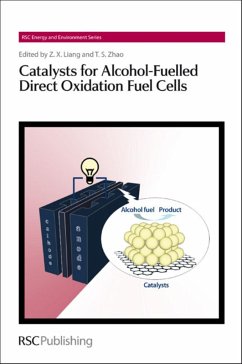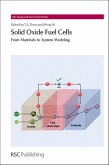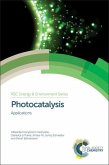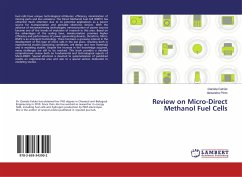Energy and environment issues are of paramount importance to achieve the sustainable development of our society. Alcohol-fuelled direct oxidation fuel cells (DOFCs), as a clean and highly-efficient energy harvesting engine, have attracted intensive research activity over recent decades. Electrocatalysts are the material at the very heart of the cell that determines the performance of DOFCs. The rapid advances in electrocatalysts, particularly nano-sized ones, have left current information only available in scattered journals. To be truly useful to both present and future researchers, a new book is needed to present an insightful review of the reaction nature of this research and to systematically summarize recent advances in nanocatalysts, and convey a more global perspective. Catalysts for Alcohol-Fuelled Direct Oxidation Fuel Cells presents a state-of-the-art review on recent advances in nanocatalysts and electrocatalysis in DOFCs, including both proton and hydroxide ion exchange membrane fuel cells. The main topics covered include a molecular-level understanding of electrocatalysis, the design principles of electrocatalysts, recent advances in nanocatalysts and future perspectives for DOFCs. The book presents a cutting-edge collection of nanocatalysts for alcohol-fuelled direct oxidation fuel cells and brings together the most authoritative researchers in the field from both industry and academia, filling the gap between both sides. Finally, the book provides an insightful review on electrocatalysis at the molecular-level, which will be a useful resource for postgraduates, researchers and policy-makers globally in academia, industry, and government institutions.








